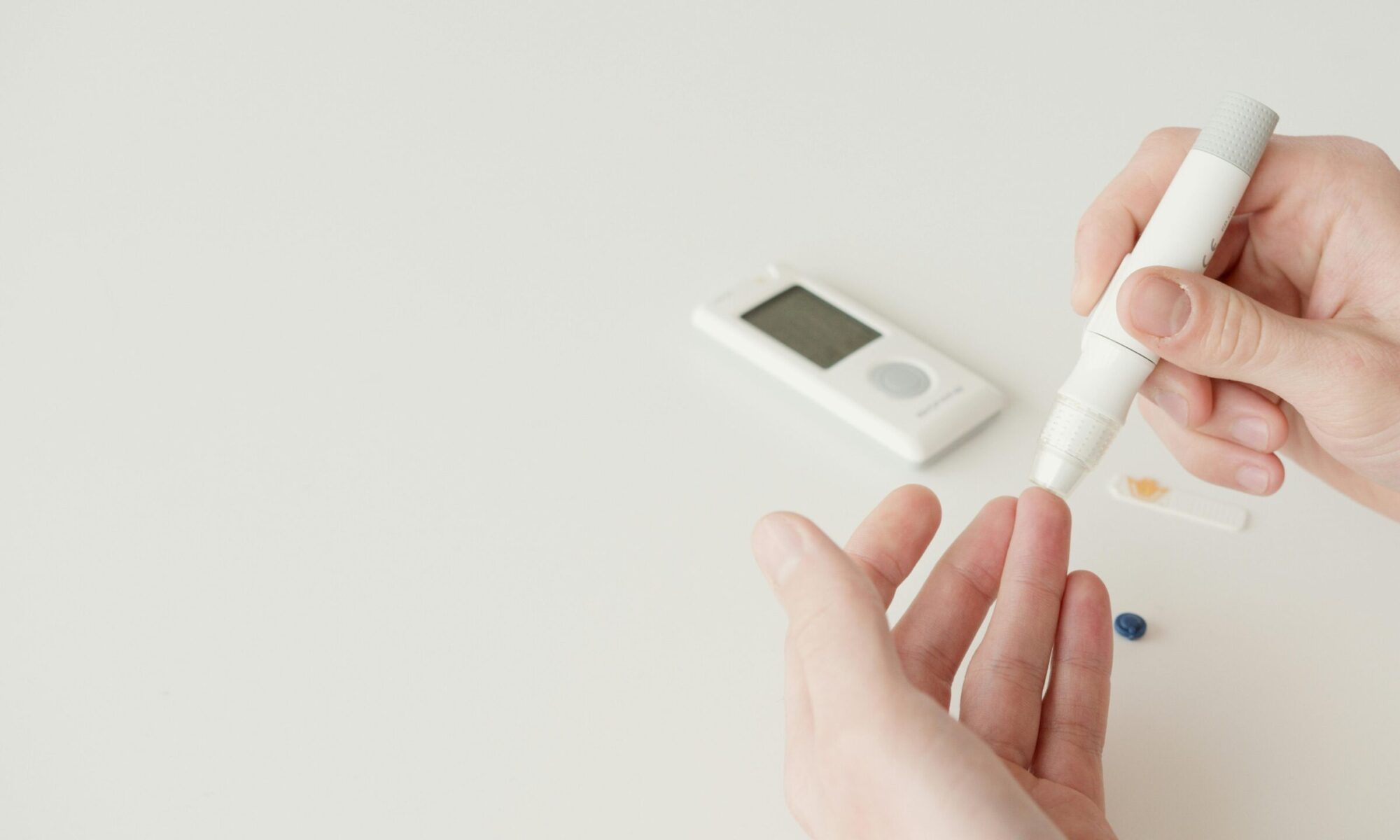Diabetes management requires a careful approach involving evidence-based practices. However, with the rise of alternative health trends, misinformation, and miracle cures, many unproven and potentially dangerous practices have gained popularity. These approaches can put patients at significant risk by delaying proper treatment or causing harmful side effects. This article sheds light on some of the most dangerous and unproven practices in diabetes treatment and explains why they should be avoided.
Skipping Conventional Treatment for Alternative Remedies
Some people may opt to replace scientifically proven treatments, such as insulin or oral medications, with alternative remedies or herbal supplements. This choice can be highly dangerous, especially for those with Type 1 Diabetes (T1D), where insulin therapy is crucial for survival.
Why It’s Dangerous:
- Lack of Regulation: Many alternative remedies are not regulated by the FDA or other agencies, meaning their efficacy and safety are not guaranteed.
- Delayed Treatment: Relying solely on unproven methods can lead to delayed treatment and worsening of diabetes-related complications.
- Risk of DKA: In T1D, stopping insulin can lead to diabetic ketoacidosis (DKA), a potentially life-threatening condition.
Using Unregulated Herbal Supplements
Herbal supplements, such as bitter melon, fenugreek, and cinnamon, are often touted as natural cures for diabetes. While some herbs may offer minor blood sugar-lowering effects, they are not a substitute for prescribed treatment plans.
Why It’s Dangerous:
- Inconsistent Dosages: Herbal supplements vary in strength, leading to unpredictable blood sugar effects.
- Interactions with Medications: Some supplements may interact with diabetes medications, causing unexpected side effects or reducing the efficacy of the prescribed treatment.
- Potential Side Effects: Supplements may cause liver or kidney damage when taken in high doses or over long periods.
Fad Diets Promising a Diabetes Cure
Fad diets that eliminate entire food groups or advocate extreme caloric restriction may claim to “cure” diabetes. Examples include overly restrictive ketogenic or carnivorous diets and juice cleanses.
Why It’s Dangerous:
- Nutrient Deficiencies: Extreme diets can lead to deficiencies in essential vitamins and minerals, negatively impacting overall health.
- Short-Term Gains, Long-Term Issues: While these diets might show initial blood sugar improvements, they are often unsustainable and can lead to rebound weight gain or metabolic imbalances.
- Risk of Hypoglycemia: Very low-carb diets, particularly without proper medical oversight, can lead to hypoglycemia in those taking insulin or oral medications.
Stopping Medications Without Medical Guidance
Some individuals believe that once their blood sugar is under control, they can stop taking their prescribed medications. This belief is often reinforced by anecdotal stories or misinformation online.
Why It’s Dangerous:
- Rebound Hyperglycemia: Stopping diabetes medication abruptly can cause blood sugar levels to spike, leading to hyperglycemia.
- Complications: Unmanaged blood sugar can result in complications such as neuropathy, retinopathy, and increased risk of heart disease.
- Risk of Hospitalization: In severe cases, stopping medications can lead to conditions that require emergency medical attention, such as DKA in T1D patients or hyperosmolar hyperglycemic state (HHS) in T2D patients.
Using Unapproved Devices and Apps
The surge in health tech has led to the development of unregulated apps and devices that promise to monitor or manage diabetes without sufficient scientific backing.
Why It’s Dangerous:
- Inaccurate Data: Unapproved devices may provide incorrect blood glucose readings, leading to poor decision-making regarding insulin dosing or diet.
- Data Privacy Risks: Many unregulated apps do not have proper data privacy protections, potentially exposing sensitive health information.
- False Security: Users may feel falsely reassured by unapproved tools, leading them to overlook important symptoms or ignore necessary medical treatment.
Relying on “Detox” and “Cleansing” Protocols
Detox diets and cleansing protocols often involve fasting, consuming only liquids, or taking various “detox” supplements to remove toxins from the body.
Why It’s Dangerous:
- Blood Sugar Instability: Fasting or liquid-only diets can cause severe blood sugar fluctuations, particularly in individuals taking diabetes medication.
- Electrolyte Imbalance: Detox protocols can lead to dangerous electrolyte imbalances, dehydration, and malnutrition.
- No Proven Benefits: The human body already has natural detoxification processes, primarily through the liver and kidneys. There is no scientific evidence that detox protocols improve diabetes management.
Misuse of Insulin and Other Medications
Some individuals may attempt to manipulate insulin doses to achieve rapid weight loss or cope with disordered eating behaviors, a condition known as diabulimia.
Why It’s Dangerous:
- Severe Blood Sugar Swings: Incorrect insulin use can lead to dangerous blood sugar levels, causing hypoglycemia or hyperglycemia.
- Complications: Repeated misuse of insulin can accelerate the development of diabetes-related complications such as retinopathy, kidney damage, and neuropathy.
- Risk of Death: Severe and prolonged insulin misuse can result in life-threatening conditions, such as DKA.
Miracle Cures and Scams
Miracle cures, such as pills or supplements marketed as quick fixes for diabetes, are widespread online. These products often promise to “reverse” diabetes without the need for lifestyle changes or medication.
Why It’s Dangerous:
- False Hope: Patients may delay seeking appropriate medical treatment due to belief in a miracle cure, worsening their condition.
- Financial Loss: Many of these products are expensive and provide no proven health benefits.
- Potential Harm: Some so-called miracle cures contain harmful or unknown substances that could have serious side effects.
While exploring various options for managing diabetes is natural, it is essential to be cautious of unproven and potentially dangerous practices. Always prioritize evidence-based treatments and consult with healthcare professionals before making changes to your diabetes management plan. Being well-informed and vigilant can help prevent complications and ensure safe, effective diabetes care.
Disclaimer:
The content on this website/article is community-driven and contributed by non-medical professionals. The observations and views expressed reflect the experiences and opinions of the non-medical community. You are strictly advised to seek the advice or opinion of a qualified medical professional before considering or acting on any information, opinions, or views presented on this website.
View Count: 68 Views

